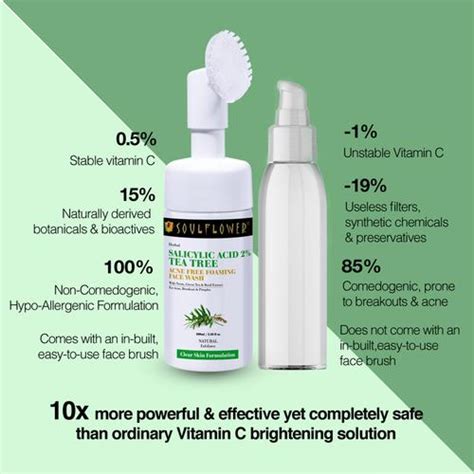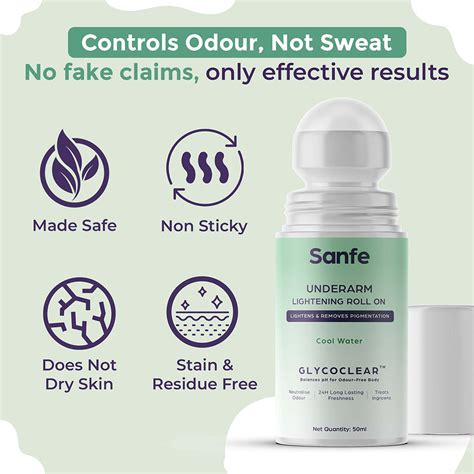Sinusitis in pets can be a distressing condition, causing discomfort and affecting their overall well-being. As a responsible pet owner, understanding the best sinusitis medications is crucial for providing effective relief and treatment. In this article, we delve into the key aspects of managing sinusitis in pets, from recognizing the symptoms to choosing the right medications. We’ll explore the criteria for selecting effective treatments, highlight top medication options, and discuss alternative treatments and supplements. Additionally, we’ll emphasize the importance of consulting your veterinarian and outline preventive measures to maintain your pet’s respiratory health. With our expert insights, you can confidently navigate the complexities of pet healthcare and ensure your furry companions receive the best care possible.
Explore this topic in-depth with dominure.com
1. Overview of Sinusitis in Pets
Sinusitis in pets is an inflammation of the sinuses, often resulting from bacterial, viral, or fungal infections. It can also be caused by allergens, foreign bodies, dental issues, or underlying health conditions. Common symptoms include nasal discharge, sneezing, coughing, difficulty breathing, facial swelling, and reduced appetite. Pets may also exhibit lethargy and signs of discomfort, such as pawing at their face or head shaking.
Sinusitis can affect both cats and dogs, with certain breeds being more prone due to anatomical features. For instance, brachycephalic breeds, such as Bulldogs and Persian cats, are more susceptible due to their short nasal passages. Early detection and treatment are essential to prevent complications and ensure a quick recovery. Diagnosis typically involves a physical examination, nasal swabs, imaging studies, and sometimes endoscopy to identify the underlying cause.
Understanding the causes, symptoms, and risk factors of sinusitis in pets is the first step toward effective management. With timely intervention and appropriate care, pets with sinusitis can experience significant relief and maintain a good quality of life.

2. Criteria for Selecting Sinusitis Medications
Selecting the right sinusitis medication for pets involves several key criteria to ensure effective relief and treatment. Firstly, the cause of sinusitis must be accurately identified, whether it’s bacterial, viral, fungal, or due to allergens. This determines the type of medication required, such as antibiotics for bacterial infections or antifungals for fungal causes.
The pet’s overall health and medical history are also crucial in selecting appropriate medications. Factors such as age, weight, breed, and any existing health conditions must be considered to avoid adverse reactions. Additionally, the medication’s safety and efficacy are paramount, with a preference for treatments that have been proven effective through veterinary studies and clinical trials.
Ease of administration is another important criterion. Medications that are easy to administer, whether in the form of pills, liquids, or nasal sprays, can significantly improve compliance and ensure the pet receives the full course of treatment. Lastly, potential side effects and interactions with other medications should be evaluated to minimize risks and enhance the pet’s overall health during the treatment process.

3. Top Medications for Treating Pet Sinusitis
When treating sinusitis in pets, several medications stand out for their effectiveness and safety. Antibiotics are commonly prescribed for bacterial sinusitis, with options like amoxicillin, clindamycin, and doxycycline being popular choices. These antibiotics target a wide range of bacteria and are often well-tolerated by pets.
For fungal infections, antifungal medications such as itraconazole and fluconazole are frequently used. These medications help eliminate fungal pathogens and are particularly effective for pets with compromised immune systems. In cases where sinusitis is triggered by allergies, antihistamines like cetirizine or diphenhydramine can provide relief by reducing inflammation and alleviating symptoms.
Nasal decongestants and saline nasal sprays are also beneficial in managing sinusitis symptoms. Decongestants help reduce nasal swelling and improve airflow, while saline sprays help keep the nasal passages moist and clear of mucus. For pets with chronic or severe sinusitis, corticosteroids like prednisone may be prescribed to reduce inflammation and provide significant relief.
Additionally, supportive treatments such as nebulization with saline or medicated solutions can aid in loosening mucus and improving breathing. It’s essential to follow the veterinarian’s dosage and administration instructions carefully to ensure the best outcomes and minimize potential side effects.

4. Alternative Treatments and Supplements
In addition to conventional medications, several alternative treatments and supplements can aid in managing sinusitis in pets. Herbal remedies, such as echinacea and goldenseal, have natural antimicrobial properties that can help fight infections and boost the immune system. These should be used under the guidance of a veterinarian to ensure safety and efficacy.
Homeopathic treatments, like Sinusalia, can provide symptomatic relief from nasal congestion and sinus pressure. These treatments are generally gentle and can be used alongside conventional medications without adverse interactions.
Supplements such as omega-3 fatty acids and probiotics can support overall immune health and reduce inflammation. Omega-3 fatty acids, found in fish oil, are known for their anti-inflammatory effects, which can help alleviate sinusitis symptoms. Probiotics promote a healthy gut microbiome, which plays a crucial role in maintaining a robust immune system.
Humidifiers and steam therapy can also be beneficial by keeping the nasal passages moist and reducing congestion. Adding a few drops of pet-safe essential oils, like eucalyptus or lavender, to a steam inhalation session can further enhance the therapeutic effects. Always consult with a veterinarian before starting any alternative treatments to ensure they are safe and appropriate for your pet’s specific condition.

5. Consulting Your Veterinarian
Consulting your veterinarian is a crucial step in effectively managing sinusitis in pets. A veterinarian can provide a comprehensive diagnosis by conducting a thorough physical examination, performing necessary tests such as nasal swabs, imaging studies, and sometimes endoscopy to determine the underlying cause of the sinusitis. This accurate diagnosis is essential for selecting the appropriate treatment plan tailored to your pet’s specific needs.
Veterinarians can also provide guidance on the best medications, considering factors such as your pet’s age, weight, breed, and medical history to ensure safety and effectiveness. They can recommend the correct dosage and administration method, monitor for potential side effects, and adjust the treatment plan as needed based on your pet’s response.
Moreover, a veterinarian can advise on the integration of alternative treatments and supplements into your pet’s care regimen. They can ensure that these additional therapies do not interfere with conventional medications and are safe for your pet’s particular condition.
Regular follow-up visits with your veterinarian are important to monitor your pet’s progress and make any necessary adjustments to the treatment plan. These visits also provide an opportunity to address any concerns or questions you may have about your pet’s health. By working closely with your veterinarian, you can ensure that your pet receives comprehensive care and achieves the best possible outcome in managing sinusitis.

6. Preventive Measures and Maintenance
Preventive measures and maintenance play a key role in minimizing the risk of sinusitis in pets and ensuring their overall respiratory health. Keeping your pet’s living environment clean and free of allergens, such as dust and mold, can significantly reduce the likelihood of sinusitis. Regularly cleaning your pet’s bedding, toys, and feeding areas helps maintain a hygienic environment.
Maintaining a healthy diet and providing supplements, such as omega-3 fatty acids and probiotics, can boost your pet’s immune system and prevent infections. Regular exercise also contributes to overall health and resilience against illnesses.
Routine veterinary check-ups are essential for early detection and prevention of sinusitis. Vaccinations and preventive treatments for common infections should be kept up to date. Additionally, prompt attention to dental health can prevent sinusitis related to dental issues.
By adopting these preventive measures and staying vigilant about your pet’s health, you can reduce the risk of sinusitis and ensure your pet enjoys a healthier, happier life.

Effective management of sinusitis in pets involves understanding the condition, selecting appropriate medications, and considering alternative treatments. Regular consultations with your veterinarian and implementing preventive measures are essential for maintaining your pet’s respiratory health. By staying informed and proactive, you can ensure your furry companion receives the best care and enjoys a comfortable, healthy life free from sinusitis complications.
dominure.com

